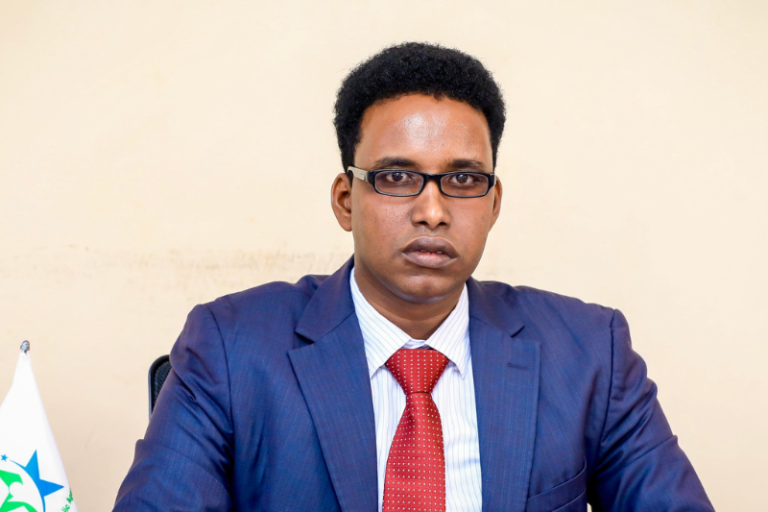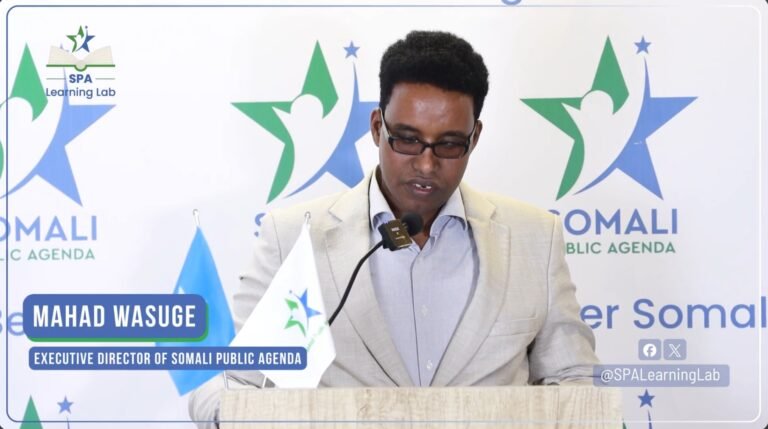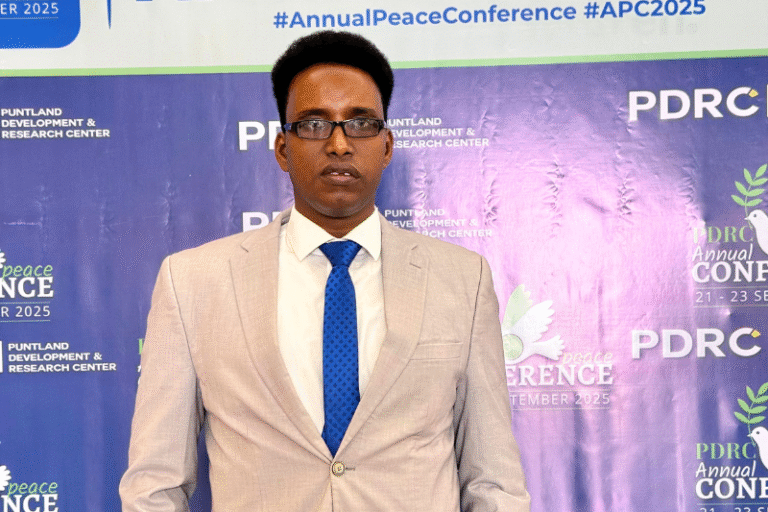
Since the civil war broke out in Somalia, the country descended into lawlessness over twenty years. Because of the prolonged civil war, thousands of people fled the country to salvage their lives. Among those fled were the young men and women.
Since the inception of the war, the country has undergone different facets of chaos and lawlessness. Therefore, the trajectory of the conflict always changed from one situation to another. For instance, between 1991 and 1994, factional warlords perpetuated most conflicts and then proponents of the Islamic courts arose between 1994 and 1998. Similarly, transformation of conflict also witnessed the period of transitional governments to non-transitional federal government. More importantly, the country was recovering from the grip of conflict slowly at affordable schools and universities mushroomed in the country. Among many students, the hope of education has steadily been prevalent. Sadly, one issue was never fixed: youth employment. Youth employment is the foundation of peace and security in every country and it is one of the most important policy issues that can stop youth from migrating to other countries and risking their lives.
Statistics demonstrate that the number of Somali youth who died in seas while emigrating in flimsy and overcrowded boats is very high. Thousands of young men and women also migrated to neighboring countries where they were subject to death and other difficult circumstances.
In order to contain the rising number of exodus-related deaths, many hoped for the Somalia’s first non-transitional government that was elected would reduce the number of youth migrating. Unfortunately, the government neither brought sound and effective youth policies and programs nor created jobs. If jobs were generated, youth migration might have been lessened.
For the same reason, the number of youth migrating to Europe also increased recently. The route to which they reach to Europe is to travel through the vast Libyan desert and the Mediterranean Sea. In order for me to learn more about recent youth adventurous migration, I met a few young men who were prepared to set up their perilous trip. One of those men said, “Because of the rampant unemployment in the country, we are risking ourselves just to seek a better life in the West”. He went on to say. “We need jobs so we could get married and lead a bright future, and we cannot stay stuck in a country where even the graduates remain unemployed.”
The youth with whom I talked echoed the prevalence of clan favoritism in the Somalia government where employees are hired on clan basis. “No matter how competent, educated, experienced, and suitable you are for vacant positions in the government, nepotism is the rule.” A close friend who spoke to me on the condition of anonymity said.
Although there is a high rate of unemployed fresh graduates in the market, there is no active national youth policy that creates job opportunities for the youth. The question is, what the incumbent Somali Federal Government has done so far to bridge the widening unemployment gap? Ironically, one Turkish organization trained 450 youths across southern and central regions to acquire skills required for agriculture. They also offered the youth equipments and tools needed that might give them the opportunity to work on their own. Had those young men and women were assisted in the first place, they would not have left their own home country. The assistance and trainings helped them to feel empowered.
Statistics show that 70% of the Somali population is under 30 years. Paradoxically the government failed to realize the youth’s potential energy. The country’s long-term progress is valued on the basis of how its youth’s power and potentialities are invested and harnessed. If our younger generation continues to emigrate en masse, this could mean the future of the country will be in crisis.
In a nutshell, Somalis should stand investing youth empowerment by educating, training, and creating employment opportunities. They have tasted the bitterness of lawlessness, wars, and difficult circumstances. The government should offer its youth employment if they get the knowledge and the skills required for job openings without discrimination. Today’s youth are the leaders of tomorrow.
Mahad Wasuge
mahad.wasuge@gmail.com

Is a researcher, teacher, podcaster and blogger. His work over the last decade has focused on teaching and researching governance, justice and social services in Somalia.










3 Responses
Well elaborated article Mahad. Share this in the platforms where policy makers also can access it.
thank you Badra for your comment. I am happy that I met you in person. Your suggestions are always amazing.
Social problems are the roots of the youth escape; there is no relationship between parents and their children.